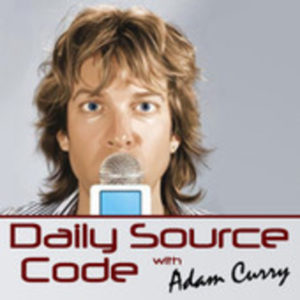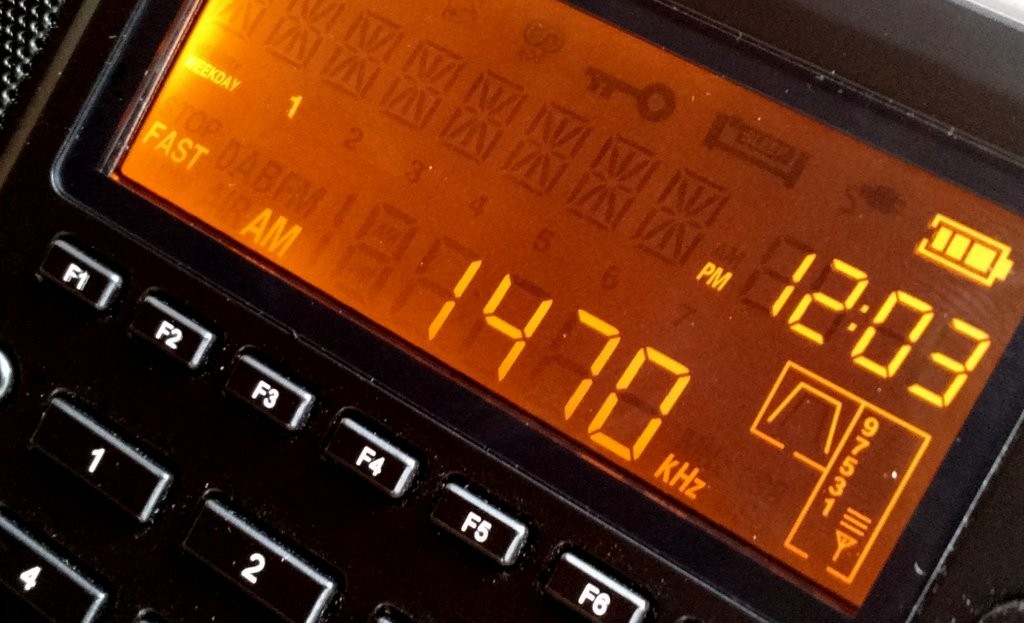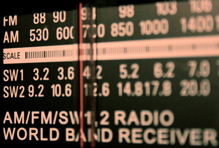 (Source: Radio World via Richard Langley)
(Source: Radio World via Richard Langley)
Radio World supports efforts to save our radio and audio heritage, including the work of the Radio Preservation Task Force,?a project of the Library of Congress.
Here is one in a series of guest commentaries about the topic.
Jeremy Morris is an assistant professor in the Department of Communication Arts at the University of Wisconsin-Madison.
In January 2014, Adam Curry sent a quick tweet out to his 40,000-plus followers with a modest request: “Looking for a full archive of ‘Daily Source Code’ mp3s.” Not just your average media user looking for bootlegged files, Adam Curry was one of podcasting’s first breakout stars in the early 2000s. He was trying to track down one of the first widely popular podcasts, the “Daily Source Code.” But his request was certainly odd; after all Curry was actually the host and producer of the “Daily Source Code,” which ran from 2004 to 2013 (over 860 episodes!).
As Curry lamented on his website: “For a number of [stupid and careless] reasons, I am not in posession of most of these.” [sic]
For those familiar with radio history, this story is probably less surprising. Much of radio’s history has been lost to vagaries of time, be it through the willful ignorance of companies looking to “preserve” only that which could be “monetized,” or the unintentional negligence of hosts, producers and engineers without the foresight, budgets or means to realize that the radio they were making and broadcasting would shape culture for decades to come — culture that media historians, scholars and hobbyists would later want to analyze, research, teach and reference.[…]
Click here to read the full article at Radio World.
Thank you–as Richard knows, podcasting is the distribution method behind our Shortwave Radio Audio Archive. It’s an ideal platform for delivery of recorded broadcasts–listeners subscribe and then maintain their own local copy of the entire archive. Podcasting applications can insure that any new episodes are downloaded automatically.
This year, I will represent the Shortwave Radio Audio Archive at the Radio Preservation Task Force meeting at the Library of Congress. I very much look forward to the event and meeting others in the radio archives world.


 Charles Caudill, is president & CEO of World Christian Broadcasting. This week, he wrote a piece in
Charles Caudill, is president & CEO of World Christian Broadcasting. This week, he wrote a piece in 